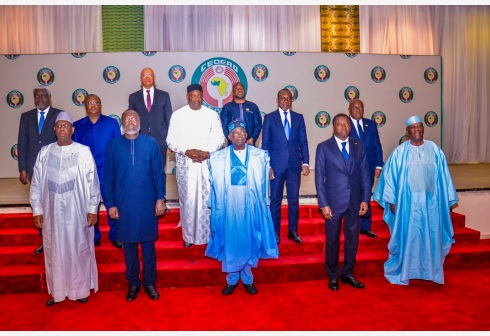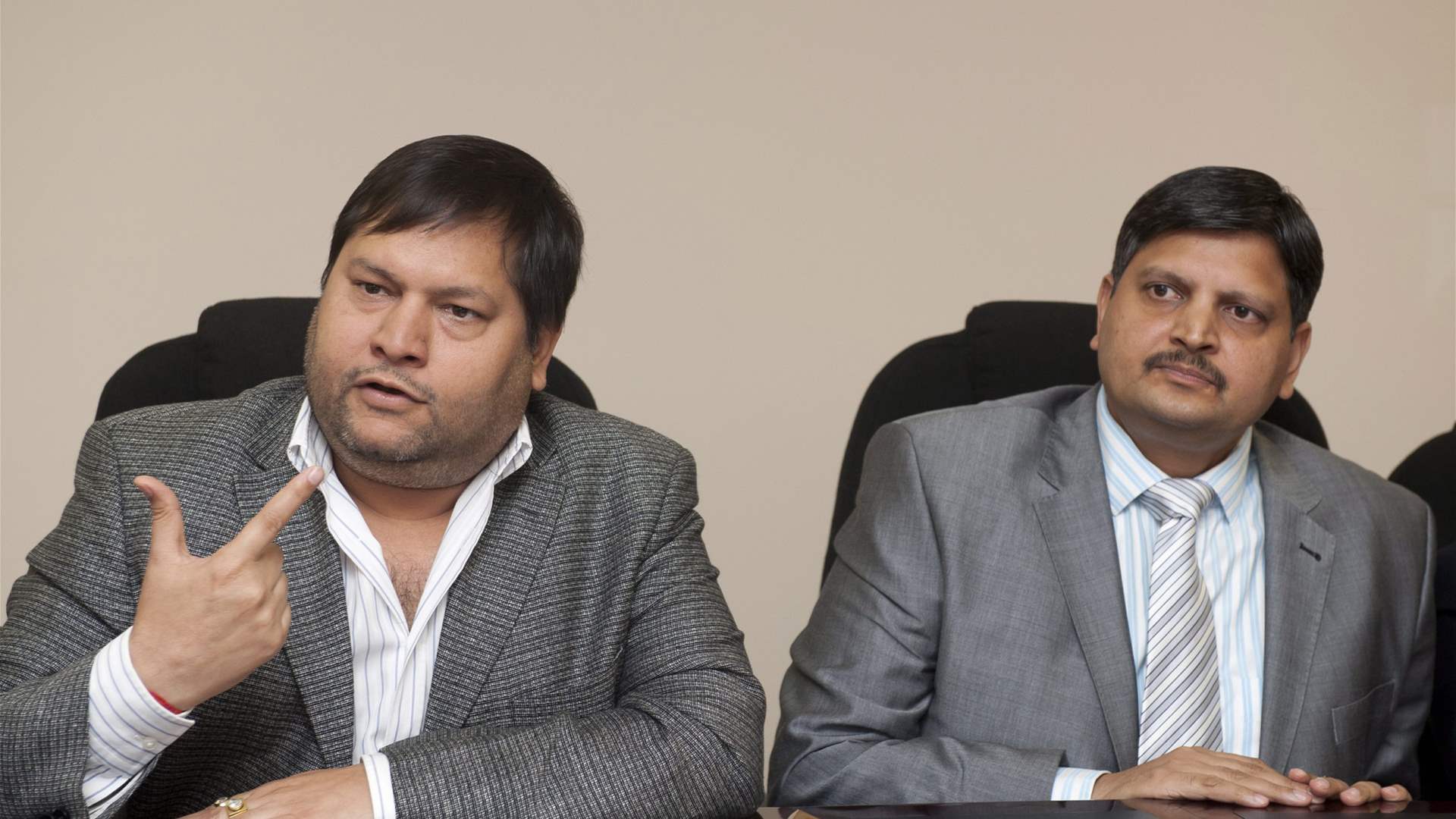KIGALI, June 5 (Xinhua) --
The Rwandan Ministry of Environment on Monday launched the country's revised Green Growth and Climate Resilience Strategy which aims at achieving a climate-resilient economy.
The revised strategy aims to guide national policy and planning in an integrated way, mainstream climate change into all sectors of the economy, and position Rwanda to access international climate funding and investment, the ministry said in a statement.
The new strategy, launched in the capital of Kigali as one of the side events to mark World Environment Day, will replace the 2011 Green Growth and Climate Resilience Strategy.
Speaking at the event, Rwandan Minister of Environment Jeanne d'Arc Mujawamariya described the launch as a pivotal moment in the country's journey to sustainable development.
"This strategy represents our unwavering commitment to addressing climate change and building a resilient and low carbon economy," she said.
"By aligning our national goals with global priorities, we are taking proactive steps to achieve our ambitious climate action targets. Together, let us seize this opportunity to build a bright future for both people and our planet," she added.
Maxwell Gomera, resident representative of the United Nations Development Programme (UNDP) in Rwanda, said the strategy demonstrates Rwanda's visionary approach to sustainable development and aligns with the UNDP's mission of inclusive and sustainable growth.
"Together, we empower Rwanda to forge a low-carbon economy, paving the way for a future that prioritizes jobs, prosperity, and the health of its people. We are proud to have contributed to the creation of this remarkable strategy," he said.
The objectives of the new strategy include ensuring energy security and low-carbon energy supply for green industry and services in Rwanda, promoting sustainable land use and water resource management, and prioritizing social protection, health improvement and disaster risk reduction.
The strategy will require an average of 2 billion U.S. dollars per annum, of which 700 million U.S. dollars will come from government budgets and spending, according to the ministry.




































































































































































































































































































